The SEC aims to integrate blockchain technology into stock trading, sparking a conflict between crypto-friendly platforms like Coinbase and Robinhood and traditional Wall Street institutions. This clash highlights the transformative potential of blockchain in securities trading and raises questions about regulatory and technological challenges.
SEC Plan for Blockchain-Based Stocks Pits Coinbase and Robinhood Against Wall Street Giants
Estimated Reading Time: 5 minutes
The SEC's Blockchain Vision: A New Era for Stock Trading?
The Securities and Exchange Commission (SEC) has unveiled a groundbreaking proposal to introduce blockchain technology into the stock trading ecosystem. This initiative could revolutionize the processes of trading, recording, and settlement in the securities market.
By leveraging blockchain, the SEC aims to enhance transparency and efficiency, reduce operational costs, and build greater trust among investors. But with change comes resistance—and currently, the industry stands divided.
Key Highlights of the SEC Proposal
- Expedited settlement times—blockchain’s ability to offer near-instantaneous transaction finality.
- Potential to cut costs associated with legacy systems.
- Consistent regulatory frameworks for blockchain integration into-stock markets.
Tech Enthusiasts vs. Wall Street Establishments
The move has sparked a heated debate between crypto-friendly platforms like Coinbase and Robinhood, and traditional Wall Street titans.
Embracing Blockchain: Coinbase and Robinhood are championing this change as a natural extension of decentralized finance into mainstream markets.
Challenging the Norm: Wall Street institutions, however, remain cautious due to potential regulatory hurdles, system interoperability concerns, and the fear of disrupting decades-old practices.
Skepticism and Unanswered Questions
Despite its promise, critics have raised concerns regarding:
- Compliance with strict trading regulations.
- Cybersecurity risks and protection of investor data.
- Maintaining market stability amidst system transitions.
Traditional players argue that implementing blockchain without clear safeguards could destabilize existing market structures. In contrast, advocates point out blockchain’s ability to reduce inefficiencies and make financial markets more accessible.
The Need for Standardized Adoption
The SEC underscores the importance of a unified, standard approach in adopting blockchain for stocks to ensure:
– Robust fiduciary responsibilities.
– Minimization of financial risk during infrastructure changes.
While Wall Street firms demand assurance on stability and cost management, advocates push for development frameworks that emphasize innovation over traditional constraints.
The Future of Stock Trading
Many industry analysts believe the SEC’s proposal could act as a catalyst for the next big transformation in securities trading.
Why blockchain matters:
- Greater transparency in transactions.
- Shorter settlement periods, reducing liquidity risks.
- Enhanced accuracy and reduced errors.
For investors and market leaders, the implications are both exciting and unpredictable.
A Win for Decentralization?
This push by the SEC recognizes blockchain’s potential beyond cryptocurrency, establishing it as a foundational tool within traditional finance.
“Blockchain could redefine power dynamics in global capital markets, challenging entrenched practices and opening new doors for participation.”
For young investors and crypto enthusiasts, this marks a thrilling moment—one where decentralized technologies are poised to challenge the stronghold of Wall Street.
As legislative discussions unfold, the future of blockchain-powered equities trading hangs in the balance, promising to alter the financial landscape in unforeseen ways.


